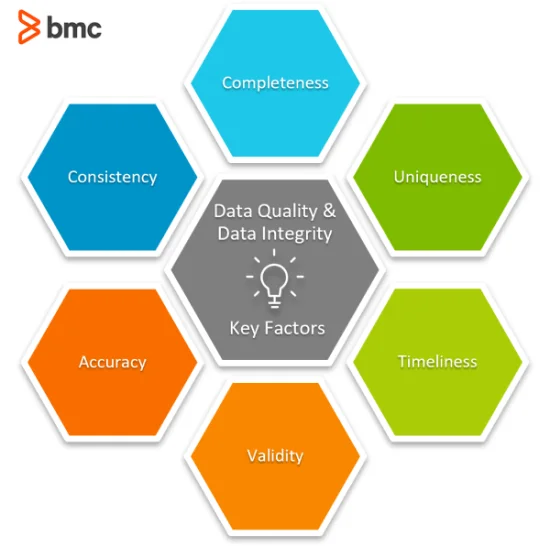When it comes to money, trust in transactions has always been a wobbly affair. So when virtual currencies like Bitcoin were the talk of the town. The users found a huge gap as there was no trustworthy and reliable system in place to authenticate the virtual currency transactions.
On the digital platform, there are currently millions of assets that both exist and are expanding exponentially. On the internet, you can find practically anything that man can imagine, including money, homes, music, data, real estate, social media content, shopping, transactions, etc. In order to start or enable the transition, organizations must reevaluate their organizational structures and operating paradigms.
What if there was a technology that could establish the audits, security, immutability, transparency, and trust procedures that have traditionally been handled by an intermediary? What about a system that is controlled and maintained by all the parties concerned? This is the fundamental idea behind blockchain technology. Let’s discover more about this cutting-edge technology.
Impact on Data Science
Blockchain technology facilitates the decentralization of data storage, which also aids in lowering reliance on data and boosting security. Like any technical development, data science has its own problems and restrictions that must be resolved in order for it to reach its full potential. Data that is difficult to acquire, privacy concerns, and unclean data are some of the biggest obstacles in data research.
One area where blockchain technology has the potential to have a significant positive impact on the data science community is the management of dirty data (or inaccurate information). Blockchain validates data using a decentralized consensus process and cryptography, making data manipulation very difficult due to the enormous amount of computing power needed.
Take the example of a supply chain process that involves a number of different businesses, including manufacturers, logistics, wholesalers, distributors, and retailers. Each party tracks a product’s progress independently as it moves through the supply chain. Each entity often maintains its own database and application setup in order to follow the migration.
How will Blockchain Improve Data Integrity?
Each day, corporate goliaths like Facebook, Google, Apple, and Amazon mine enormous amounts of data. Due to the vastness of the subject of data science, there is a high demand for data scientists that can extract meaning from data and help with problem-solving in the real world. Big data, a cutting-edge field of data science that deals with extraordinarily large volumes of data that cannot be handled by traditional data management approaches, also feed this demand. A new method of handling data is now possible thanks to blockchain.

Blockchain-generated data is structured, immutable, and validated. Big data is improved by blockchain data because it guarantees data integrity. As data has become more widely available and robust, the majority of firms are now moving towards deeper, advanced analytics. We’ve listed some of the ways blockchain technology helps preserve data integrity throughout the data lifecycle.
- Real-time Fraud Detection – Due to the decentralized nature of blockchain, businesses may immediately identify any abnormalities in the information right away. Allows two or more individuals to view data simultaneously and in real-time.
- Data Verification – The data is stored on a large number of nodes, both public and private, in the blockchain’s digital log. The data miners cross-check and approve the data at the access point. This procedure can be used to independently verify data.
- Encoded Transactions – Each transaction that takes place in the Blockchain’s record is encrypted using challenging mathematical procedures. These transactions are documented as irrevocable, immutable digital contracts.
- Distributed Cloud Storage –Blockchain technology ensures tamper-proof data, ease of verifiability, and disintermediation. For cloud giants like AWS, Microsoft Azure, and others by integrating it into distributed cloud storage.
Organizations use scattered data that usually takes weeks or months to clean and organize. Any type of human error can significantly compromise the data’s integrity, which has an impact on the final analysis.
In addition, hackers are searching for ways to steal sensitive data from data centers and leak it to the public. Everyone has demands, but ensuring that they are exact and secure requires a lot of effort. Data science requires a useful and reliable data set in order to carry out data analysis and predictive modeling. Data scientists can improve their abilities to manage data and establish a strong infrastructure with the help of a decentralized blockchain.


